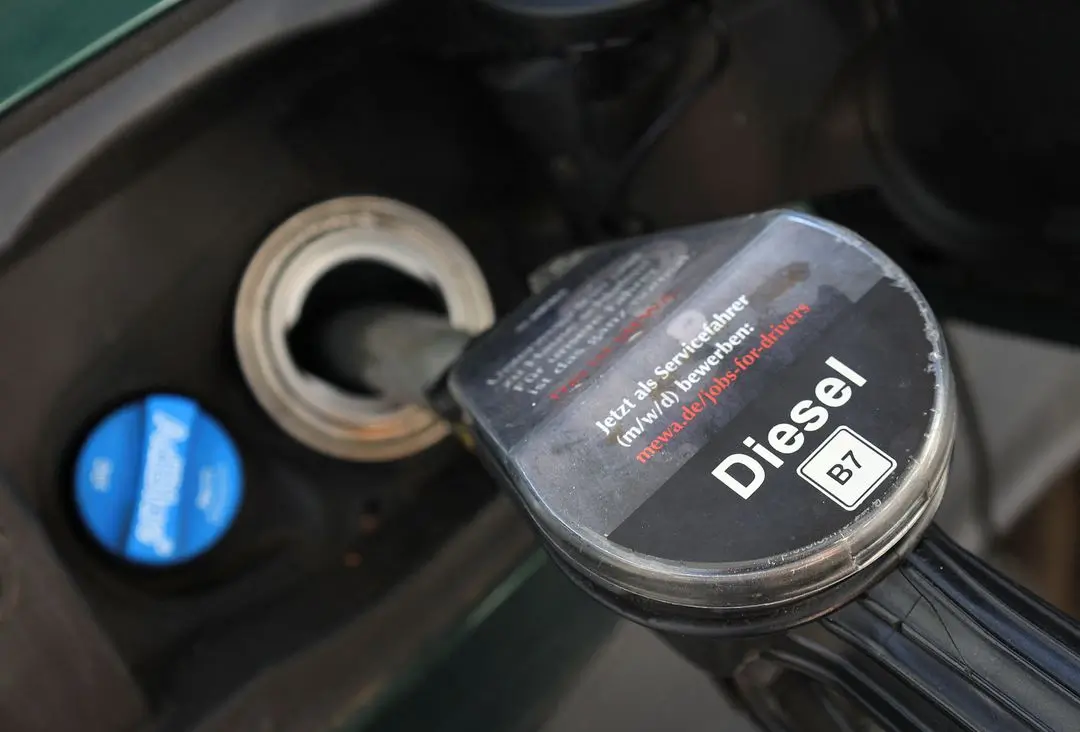If Europe is serious about ending all imports of Russian crude oil and refined fuels by early next year, the key to success lies in Asia, and more specifically China.
The European Union agreed in May to end seaborne imports of Russian crude by the of December and cut refined products two months later as part of efforts to punish Moscow for its Feb. 24 invasion of Ukraine.
The problem is that there is not enough diesel in the global system to make up for the potential shortfall in Europe, which has so far been unable to end its reliance on imports from Russia.
Russia’s diesel exports via the seaborne market to Europe were 543,000 barrels per day (bpd) in August, according to data compiled by commodity analysts Kpler, which was actually more than the 520,000 bpd shipped in the same month last year.
In the months since the attack on Ukraine, Russia’s diesel exports to Europe have stayed more or less at pre-invasion levels, with August actually being the lowest and April’s 681,000 bpd being the highest.
Europe has been trying to buy more diesel from Asian refiners, with Kpler data showing seaborne exports of 365,000 bpd in August, which would be the highest since March.
Certainly, European flows are keeping diesel refining margins at elevated levels in Asia, with the profit for producing a barrel of gasoil, the building block for diesel and jet fuel, at a Singapore refinery ending at $42.83 on Monday.
While this is down from the record $68.69 a barrel on June 24, it’s six times higher than where it was this time last year, and 166 per cent higher than the $16.07 on the day of Russia’s invasion of Ukraine, which Moscow calls a “special military operation.”
If Europe does try to draw more diesel away from Asia it will likely boost the margins further, which ultimately will stoke inflation and economic growth concerns in a region also facing record high thermal coal and liquefied natural gas prices.
CHINA QUESTIONS
The question for the market is whether there is a viable path for Europe to cut imports of Russian crude and fuels, especially diesel.
In some ways crude is easier to replace, given the ability of exporters in the Middle East, Africa and the Americas to send cargoes to Europe, as well as the ability of Russia to send more oil to buyers in Asia, especially China and India.
The problem is diesel, and the solutions are far from easy.
Russia may be able to export more diesel to countries outside Europe, especially those in Africa who may find themselves being outbid for cargoes originating in Asia.
But this re-alignment of flows is unlikely to be a complete solution and it will also result in higher costs for all parties.
What’s needed is more diesel supply on the global seaborne market and it’s here that China is the key.
China’s exports of refined products have slumped dramatically this year as Beijing cut back on export quotas for a variety of reasons, ranging from a desire to consolidate its independent refining sector, to cutting back on energy use in refining and also because high crude prices deterred imports.
China’s diesel exports have plunged in 2022, with official customs data showing shipments of just 360,000 tonnes in July, equivalent to about 87,000 bpd.
For the first eight months of the year, diesel exports have averaged 85,900 bpd, down from 315,000 bpd for the whole of 2021.
The decline in diesel exports started in August last year, reversing an increasing trend that had seen a peak of about 680,000 bpd in both March of 2021 and in the same month in 2020.
If China’s diesel exports were to rise to around 500,000 bpd, which is easily within the country’s potential, it would alleviate pressure on global supply.
While allowing more diesel exports would be an economic win for Beijing, as it could buy cheap Russian crude and capture stronger margins on refined fuel exports, there is more at play than just money.
Beijing has allied itself with Russian President Vladimir Putin and may be reluctant to be seen helping Europe cut Russia’s earnings from energy exports.
Equally, Beijing won’t want to see an energy price-led global recession given the reliance of its manufacturing industries on exports primarily to Western nations.


